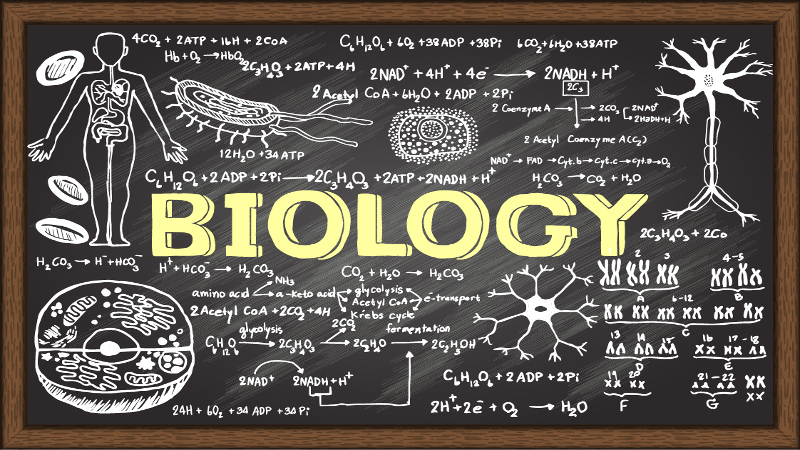Biology: Exploring the Tapestry of Life
Introduction
Biology, the science of life, unravels the mysteries of living organisms, their structure, function, evolution, and interactions with the environment. From the tiniest microorganisms to the complexity of ecosystems, biology illuminates the diverse tapestry of life on Earth. In this blog, we embark on an awe-inspiring journey through the realm of biology, delving into its core principles, groundbreaking discoveries, and the profound impact it has on understanding life and shaping our world.
The Essence of Biology
At the heart of biology lies the exploration of life and its processes. It encompasses a wide spectrum of topics, from genetics and evolution to ecology and physiology. Biology seeks to understand the interconnectedness of all living organisms and their role in shaping the biosphere.
Core Principles of Biology
Biology is guided by fundamental principles that underpin our understanding of life:
Cell Theory: The cell is the basic unit of life, and all living organisms are composed of one or more cells.
Genetics: Genetics explores the inheritance and variation of traits through DNA, the hereditary material.
Evolution: Evolution is the driving force of biodiversity, explaining the adaptation and diversification of species over time.
Homeostasis: Living organisms maintain internal balance and stability through regulatory mechanisms.
Groundbreaking Discoveries
Throughout history, biology has witnessed transformative discoveries that have shaped our understanding of life:
Theory of Evolution: Charles Darwin's theory of evolution by natural selection revolutionized biology, providing the framework for understanding the diversity of life on Earth.
Genetics and DNA: The discovery of the structure of DNA by James Watson and Francis Crick unveiled the genetic code, unlocking the blueprint of life.
Cell Theory: The formulation of the cell theory by Theodor Schwann and Matthias Schleiden established the foundation of modern biology.
Human Genome Project: The mapping of the human genome accelerated our understanding of genetics and its implications for health and disease.
Applications of Biology
Biology has far-reaching applications across various fields:
Medicine and Healthcare: Understanding biological processes drives medical research, leading to advancements in disease treatment, personalized medicine, and genetic therapies.
Agriculture and Food Science: Biology improves crop yields, food safety, and the development of genetically modified organisms for sustainable agriculture.
Conservation Biology: Biological research informs conservation efforts, protecting endangered species and preserving biodiversity.
Biotechnology: Biotechnological applications harness biological processes for various purposes, from producing vaccines to biofuels.
Challenges and the Future of Biology
As we continue to explore the frontiers of biology, we face challenges:
Climate Change and Environmental Concerns: Biology plays a crucial role in understanding the impact of climate change and developing sustainable solutions.
Ethical Considerations: Advancements in biotechnology raise ethical questions about genetic engineering, cloning, and gene editing.
Public Health: Understanding infectious diseases and developing strategies for prevention and control are ongoing challenges.
Conclusion
Biology is the lens through which we perceive the intricacies of life and the living world. From the breathtaking diversity of ecosystems to the marvels of the human body, biology enriches our understanding of our place in the web of life. As we continue to explore the mysteries of existence, let us embrace the responsibility of using biological knowledge for the betterment of humanity and the preservation of our planet. By fostering curiosity, promoting ethical research, and striving for sustainable practices, biology will continue to unlock the secrets of life and inspire generations to cherish and protect the delicate balance of the biosphere.

Comments
Post a Comment